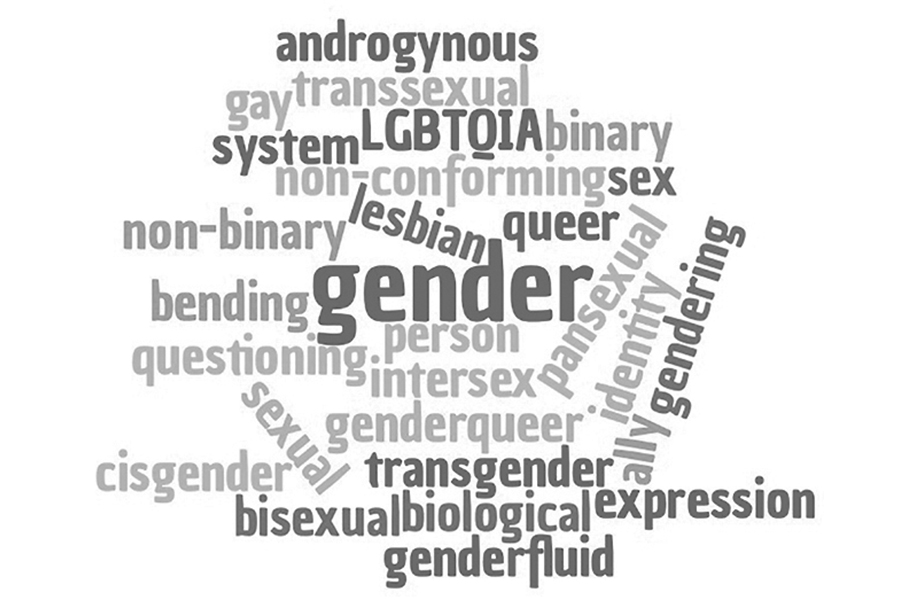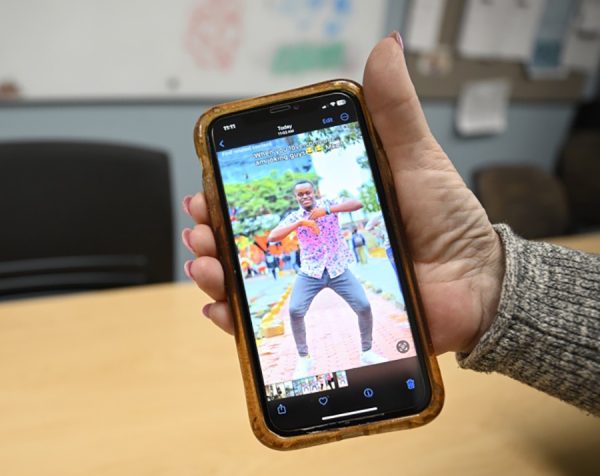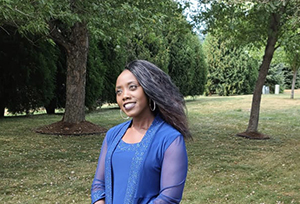Modern vocabulary of gender
November 13, 2019
Madison College recently held an open meeting on the use of pronouns when it comes to addressing others while considering the evolving vocabulary associated with sex, gender, and sexuality.
Members of the college community gathered in Truax Room C2408 to listen to and ask questions of Shea H., Noah Delamater, Dr. Victor Raymond and Dr. Autumn Behringer.
Misgendering or misidentifying someone can cause them to feel uncomfortable, anxious, or even that their identity is being diminished. These feelings can hurt a person’s performance at school, work, or socially. Thankfully, there are some simple ways to make it easier to establish other’s pronouns, as well as your own.
Staff and instructors can help by establishing pronouns through “getting to know you” type introductions, the event presenters said. It’s important to remember that some people may not be comfortable sharing their pronouns with the whole class, but might want to let a teacher or superior know how they identify. Offering an option to share privately and openly, if that’s what they want, can help people feel more comfortable in their environments.
In general, Dr. Raymond suggests “offer your own pronouns.” Doing this will create a more open and natural opportunity for whoever you are talking with to be able to share their own pronouns. If you are ever in doubt, it is totally acceptable to gently ask someone privately what their preferred pronouns are.
If you ask because of a genuine desire to make them more comfortable and express their identity, then it will likely be a welcome gesture. If someone doesn’t wish to share, then don’t press the issue and respect their privacy and if someone is being misidentified, make sure to ask them privately if they are comfortable being out before reaching out to correct others.
Similar to forgetting a person’s name, it isn’t ideal to have to ask someone to remind you of their pronouns, but it is better than guessing or avoiding the issue entirely. Shea said that, even though you may be embarrassed, its best to ask and get someone’s pronouns right.
Many try to address this issue by avoiding using gendered pronouns entirely. This can be helpful when getting to know people, but keep in mind that the best way to acknowledge and affirm a person’s identity is by addressing them the way they prefer.
Dr. Raymond said it can also help to “refer to them by their name, rather than defaulting to a pronoun.”
A name is very central to a person’s identity, and using the name a person would like to be known by is a good way to acknowledge their identity without using pronouns.
Noah Delamater encourages people to keep in mind how they address others, and that practice really is key.
“Even in your head, practicing can help,” he said. The same way you train most habits you want to form, repeated effort is the way to improve. People don’t expect you to be perfect, but showing real effort and progress is what will help us better our community.













